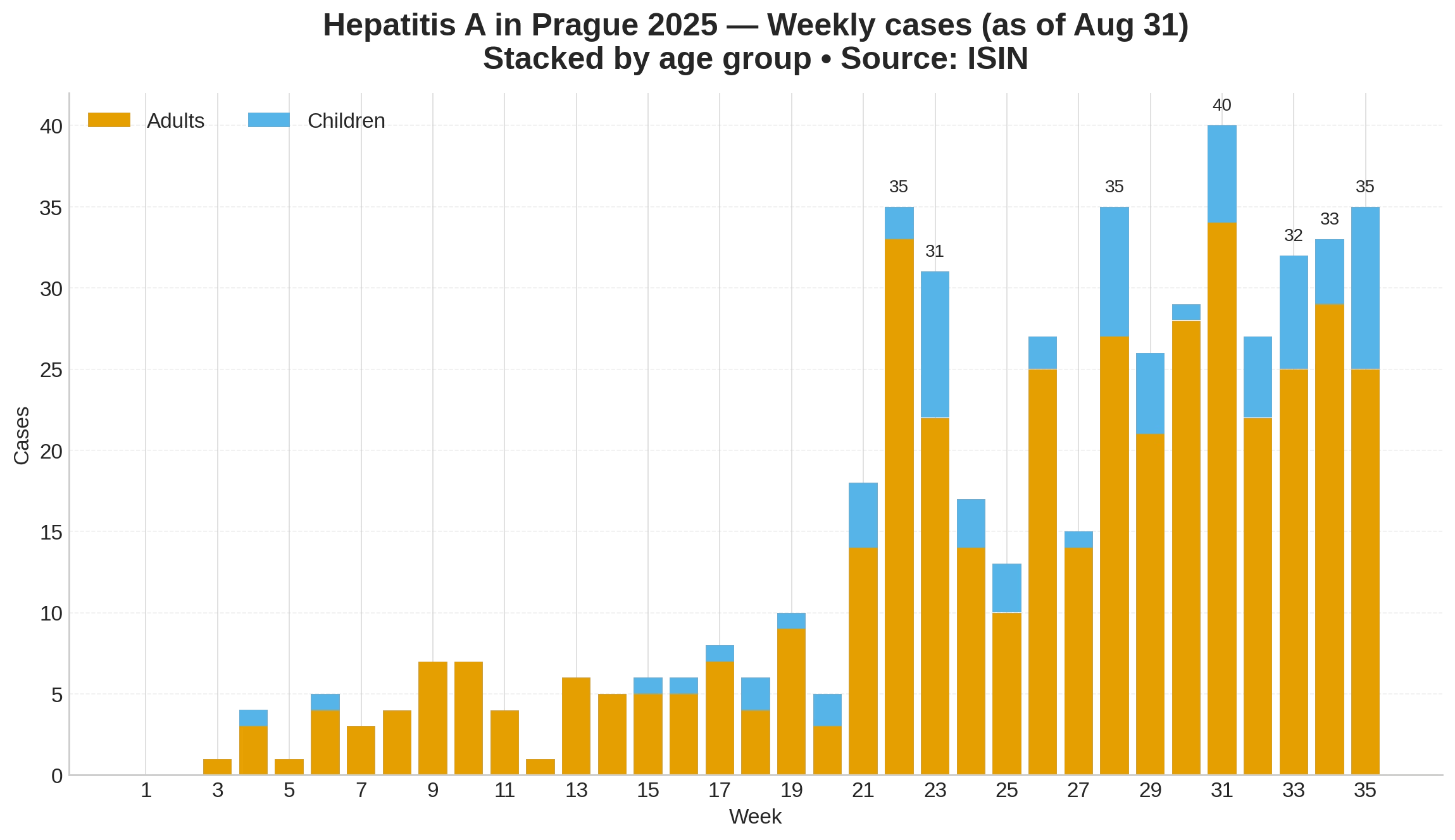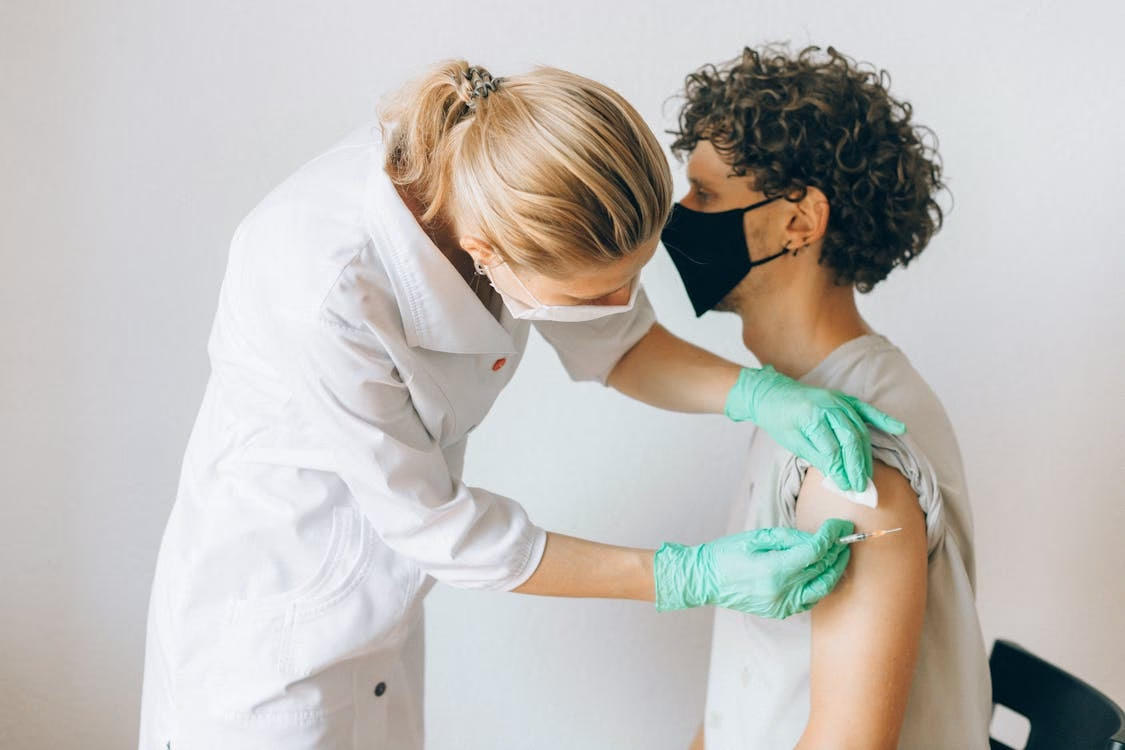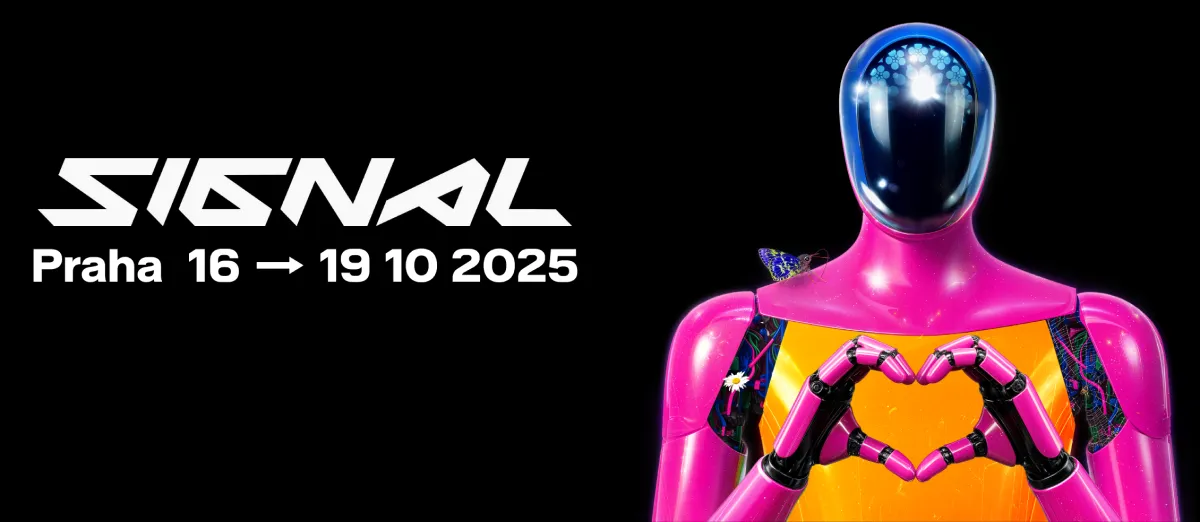Doctors in Prague have recorded 505 cases of hepatitis A between January and August 2025, the highest figure since 2008. Across the Czech Republic, more than 1,300 infections have been reported this year, with the capital being the worst affected region. The disease poses serious risks for people with chronic liver conditions, weakened immunity, or in older age groups.

Rising Complications and Fatalities
The increasing number of patients has also brought an increase in severe cases. In some situations, the infection has led to liver transplants. This year, 15 people in the country have already died from hepatitis A.
The virus often spreads in socially excluded areas, among homeless people, or those struggling with addiction. However, anyone can contract it through contaminated food, water, or close contact. Even with a mild course of the disease, patients usually spend at least a week in hospital and need months of recovery.
Thousands of Preventive Measures in Prague
The Prague Hygiene Station has issued more than 3,000 orders this year in response to the outbreak. These include medical supervision, mandatory vaccination, and epidemic measures in schools, workplaces, and other communities. Around 35 staff members are currently involved in the efforts.
Children make up about one-sixth of reported cases. With schools reopening after the summer holidays, officials expect further complications. Managing outbreaks in children’s groups often requires contacting dozens of families, arranging medical supervision, and ensuring vaccination.
Extra Cleaning in Prague 1
The district of Prague 1 has also introduced preventive steps in response to the rising number of hepatitis A cases. The local council approved a special month-long cleaning program of selected public furniture and spaces. The aim is to reduce the risk of transmission through contaminated surfaces, especially as cases are increasingly detected among homeless people.
The cleaning will cover benches, railings, and other exposed elements of public areas. Both mechanical and antiseptic cleaning methods will be used under medical supervision. The district has allocated up to 300,000 CZK for the program, which begins in September and will be evaluated in cooperation with health authorities.
Calls for Vaccination and Hygiene
Doctors and hygienists stress the importance of prevention. Frequent handwashing, especially after using the toilet and before eating, remains the most effective protection. Vaccination is also strongly recommended. Two doses are needed for full immunity, priced at around 1,700 CZK per dose. Although the vaccine is not covered by public health insurance, most insurance companies offer partial reimbursement.

With hepatitis A spreading faster than in over a decade, Prague faces a major public health challenge. Alongside medical interventions, local governments such as Prague 1 are stepping up efforts to maintain a cleaner and safer environment. Authorities continue to call on residents and visitors to take the disease seriously and protect themselves through hygiene and vaccination.

FAQs
What's Happening in Prague
What's Happening in Prague
Thing to Know
Get ready for your Prague trip by learning and understanding the local basics.

About Prague
Discover everything you need to know about Prague, from its rich history and stunning architecture to essential travel tips for first-time visitors.

Czech Currency
Learn all about the Czech currency, the Koruna, including its history, denominations, and essential tips for using money in the Czech Republic.

City Pass
Get the Prague City Pass to use public transport for free and enjoy entry to over 70 popular tourist sights and galleries. Save money and your time.













